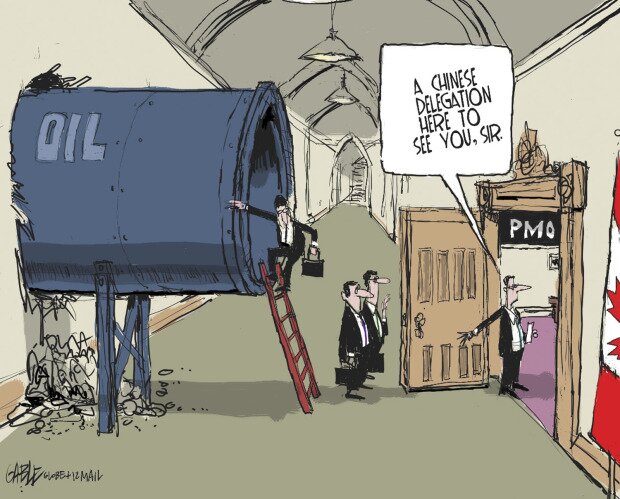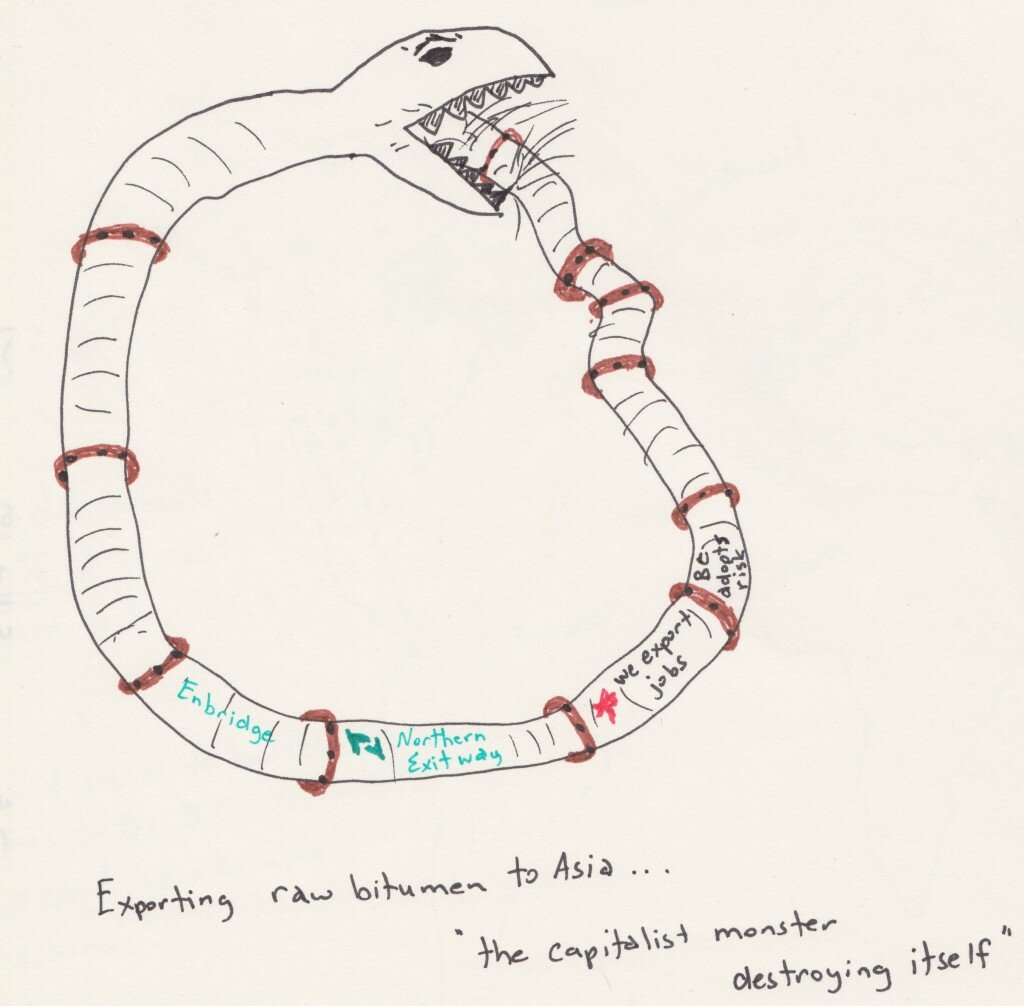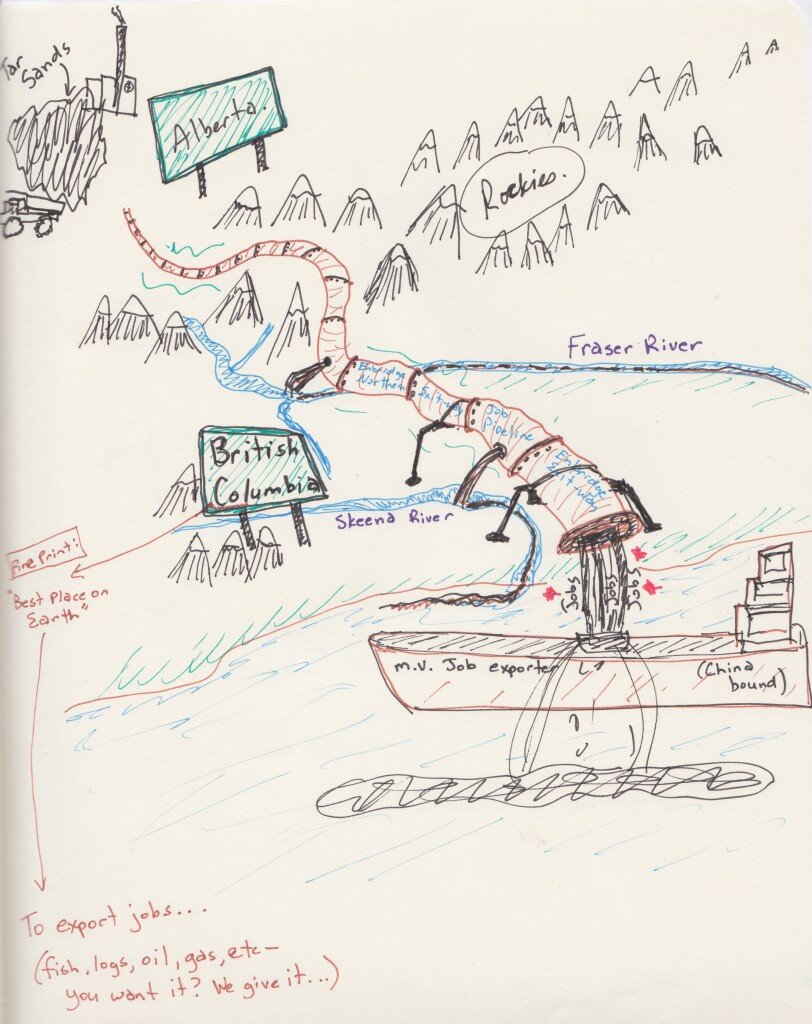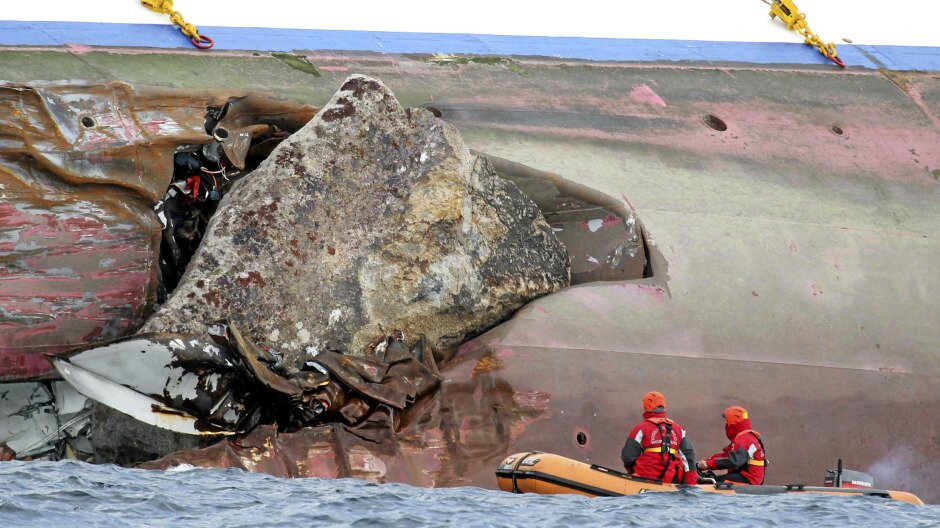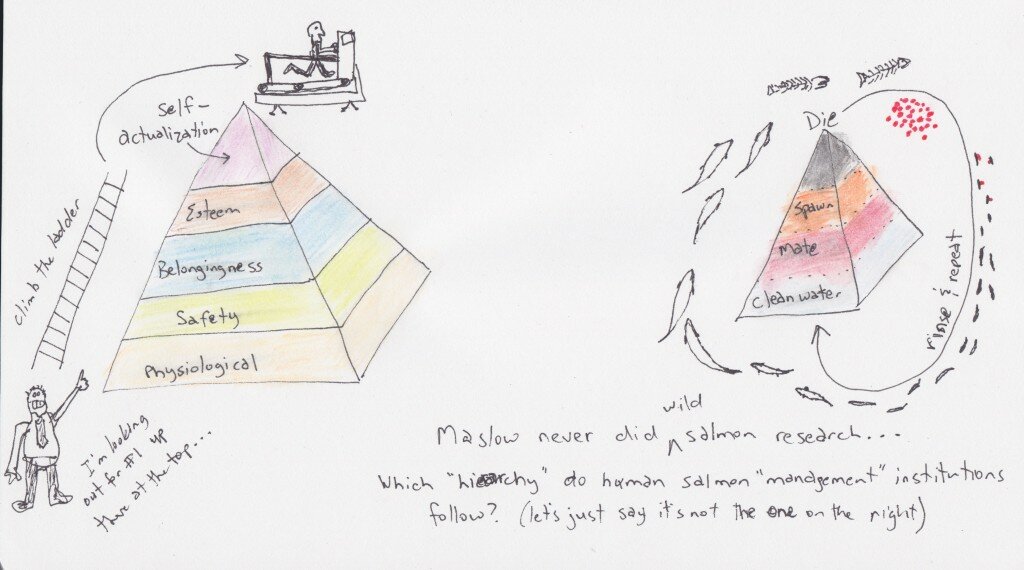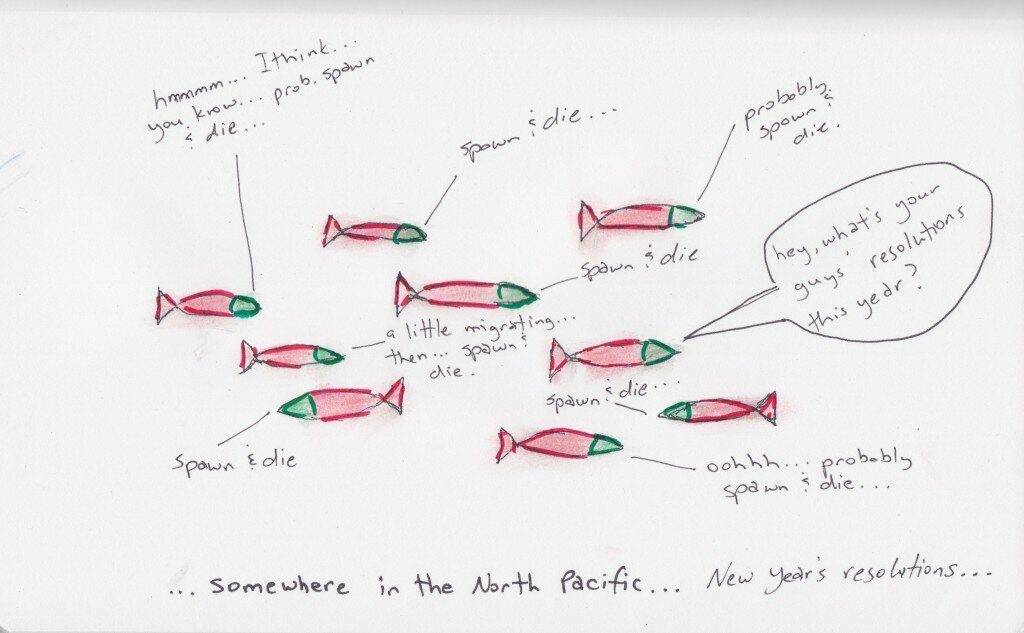This is about as fitting as it comes. If you weren’t scared about what the former “Reform Party” of Canada is capable of… well… just sit back and watch the show.
On Thursday or so, at the World Economic Forum in Davos, Switzerland our fine PM lectured the rest of the world on how great Canada is and what everyone else should be doing.
Essentially… shame, shame double shame on all you other countries for taking on such big debt loads. Look at us in Canada… look how great we are…
Exactly as the cartoon depicts, there was a time when Canada was known as a humble, peace-keeping, so-sorry-I-ran-into-you kind of country — not a dirty, oil producing, mining-heavy, fighter jet purchasing nation making side deals with shady countries with shady human rights records then taunting the rest of the world with a holier-than-thou attitude.
Sure, some of that went on (e.g. shady side deals), however, now it seems we’re [through our current fine ruling party] just rubbing the world’s face in it. It’s now the Conservative “brand” of the “Harper Government”… in nice shades of blue, with red highlights…
One of the things about running around rubbing people’s faces in economic pie touting a holier-than-thou-attitude-filling and frosting — as our fine PM seems to be doing in Europe — is it very well may, or will, come back and bite you in the ass, in a real nasty way.
Say for example, when Canada needs a bail out package to pay for the most recent proposed Harper Tough-on-Crime bill — in a country where crime rates are steadily declining… (gee that makes sense). ( ;
Canada’s crime rate is the lowest in nearly 40 years, according to Statistics Canada, as the volume of crime dropped five per cent in 2010 from the year before.
“The national crime rate has been falling steadily for the past 20 years and is now at its lowest level since 1973,” Statistics Canada reported.
[Globe and Mail just the other day: ]
_ _ _ _ _ _ _ _
Unfortunately, for Canadians that bite in the ass may not be possible until the next election, and yet within our sad system we have the Official (her Majesty’s) Opposition dragging its feet along in electing a new leader and dropping like the world’s stock markets in the polls, as well as another major party flailing around with interim leaders and so on.
[not that the “party” system is doing us much…]
And if you doubt that ‘marketing is everything and everything is marketing’ then just keep an eye on the ongoing show of PR gaffs coming out of Ottawa.
[The only reason they’re gaffs, is because that ‘pesky’ Freedom of Information thingy keeps catching them]
The latest (which is right in line with the position recently taken by the Canadian Food Inspection Agency (See Joe at CFIA suggests: “It is clear that we are turning the PR tide to our favour… and we will win the war, also.” in issues surrounding farmed salmon) — is labeling First Nations in Canada, as well as people concerned about their natural environment (who isn’t?) as: ADVERSARIES.
This in relation to the tar sands development and pipelines — like the proposed Enbridge Northern ‘Exit-way’ Pipeline through north-central BC:
F
OTTAWA — The federal government is distancing itself from its own lobbying and public relations campaign to polish the image of Alberta’s oilsands, following revelations that an internal strategy document labelled First Nations and environmentalists as “adversaries,” while describing the National Energy Board, an independent industry regulator, as an “ally.”
The descriptions were highlighted in a March 2011 document from the government’s “pan-European oilsands advocacy strategy,” released through access to information legislation.
The document outlined the government’s goals to “target” European politicians — “especially from the ruling and influential parties” — to lobby against climate-change policies that would require oilsands producers to reduce greenhouse gas emissions that cause global warming.
The strategy also listed key goals for the government’s diplomats in promoting the oilsands industry — considered by Environment Canada to be the fastest-growing source of global-warming-causing emissions in the country — and in lobbying against foreign climate-change policies…
_ _ _ _ _ _ _ _
AND from the Globe and Mail:
Critics are attacking Ottawa’s energy strategy after internal documents shed new light on the extent of federal efforts to advocate for the oil sands industry.
The documents, obtained through an access to information request and released by Greenpeace Canada, are a draft diplomatic strategy outlining ways to shape European perceptions of Canada’s oil sands. They show that the government’s messages are intended to shift attitudes in media and among top decision makers regarding the oil sands industry, which faces a possible effective import ban in Europe as the continent pursues a low-carbon fuel strategy.
In the document, environmental organizations and aboriginal groups are shown as “adversaries.” Industry associations, energy companies and the National Energy Board – which is supposed to serve as an independent body evaluating new projects – are listed as “allies.”
_ _ _ _ _ _ _ _
The definition and etymology of “adversary” is clear…
1. An opponent; an enemy.2. The Devil; Satan. Often used with the.[Middle English adversarie, from Latin adversarius, enemy…]
Hmmmm… that second definition of “adversary” seems to run pretty close to the roots of the good old “Reform Party of Canada” — the birthplace of Mr. Harper as a politician.
(Remember: Reeee…fooorrmmm! in Mr. Manning’s neighborhood….)
_ _ _ _ _ _ _ _
Another cartoon from the Globe seems to capture the current sentiment alive and well in the highest offices of the country…
Marketing is everything and everything is marketing.
This is most certainly a strategy adopted by the current governing regime in Canada. They may not win the support and hearts of the voter, but they sure as hell are winning the PR battles and marketing campaigns and branding campaigns.
[e.g. ‘the war’ against all these ‘adversaries’ and ‘radicals’ that are simply standing up and saying “N….O” to being force fed a job exporting, pollutant exporting, risk-taking, only-a-matter-of-time-till-a-spill… ing… proposal]
And sadly, now the politics in Canada are going the route of the circus politics to the south of us. Polarized and nasty and silly and childish and… and… [Gee, Mr. Harper where’s your: ]
A fitting quote from the early 1800s, found it at the online etymology dictionary under ‘politics’:
Politicks is the science of good sense, applied to public affairs, and, as those are forever changing, what is wisdom to-day would be folly and perhaps, ruin to-morrow. Politicks is not a science so properly as a business. It cannot have fixed principles, from which a wise man would never swerve, unless the inconstancy of men’s view of interest and the capriciousness of the tempers could be fixed.
— Fisher Ames (1758–1808) – involved in ratifying US Constitution in 1788
.


